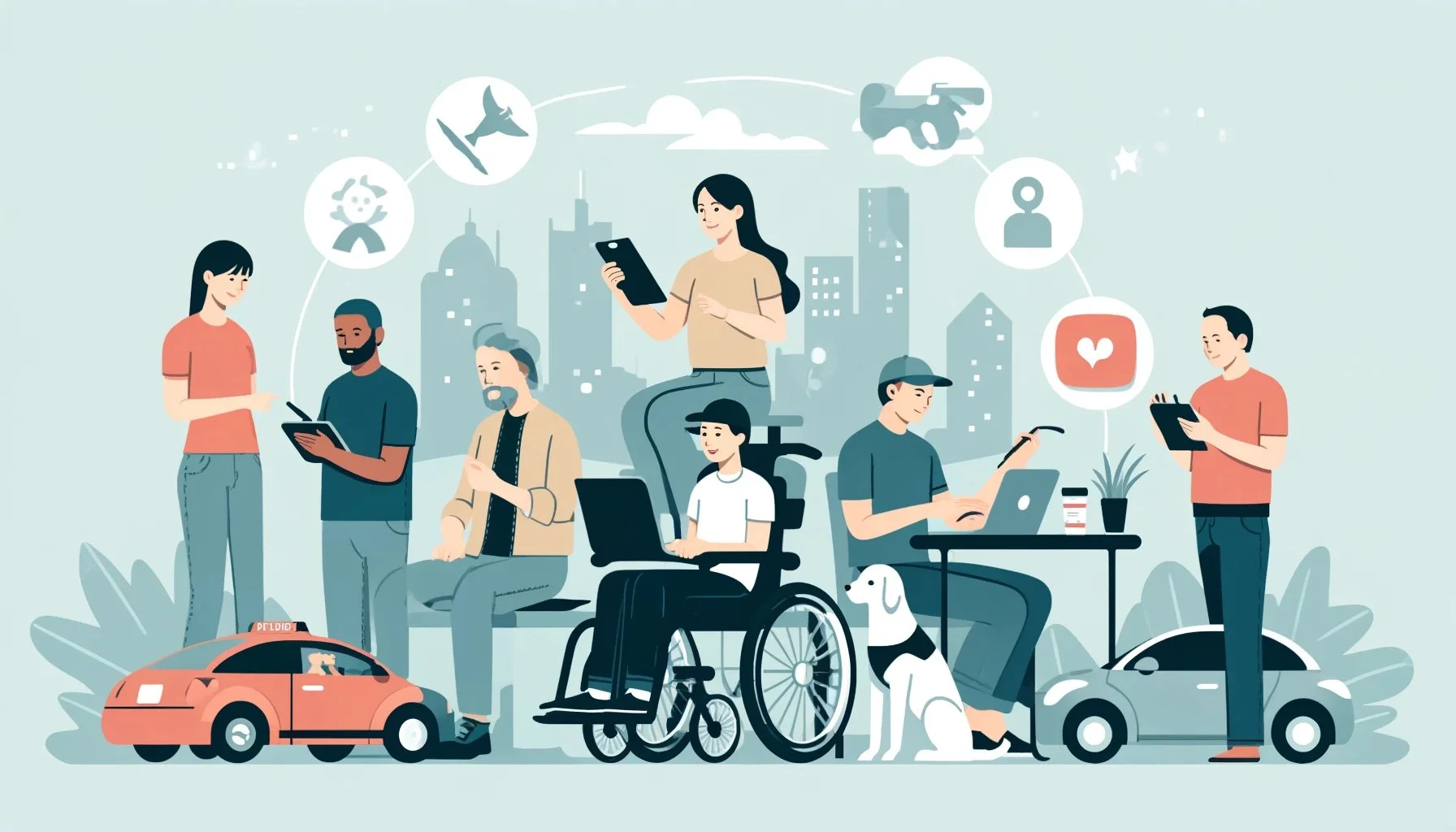Vocational Rehabilitation and the Gig Economy: Opportunities and Challenges
The rise of the gig economy has revolutionized the way we work, offering flexibility and new opportunities for individuals seeking alternative employment options. As vocational rehabilitation professionals, it is crucial to understand the implications of this trend and how it affects the clients we serve.
The gig economy, characterized by short-term contracts, freelance work, and platform-based services like Uber or Upwork, has opened doors for individuals who may have faced barriers in traditional employment settings. For those with disabilities or unique needs, the ability to work remotely, set their own hours, and choose projects that align with their skills and interests can be incredibly empowering.
However, the gig economy also presents challenges that vocational rehabilitation must address. The lack of traditional employee benefits, such as health insurance, retirement plans, and job security, can create financial instability for gig workers. Additionally, the independent contractor status of many gig workers can limit access to workplace accommodations and protections typically afforded to employees.
As vocational assessors, our role is to help clients navigate these challenges while leveraging the opportunities the gig economy offers. This may involve:
Educating clients on the realities of gig work, including the potential for income fluctuations and the importance of self-advocacy in securing necessary accommodations.
Assisting clients in identifying gig opportunities that align with their skills, interests, and abilities, while also considering their unique needs and limitations.
Collaborating with gig economy platforms and employers to foster inclusive and accessible work environments for individuals with disabilities.
Advocating for policies and regulations that extend protections and benefits to gig workers, ensuring that they are not left behind in the evolving labour market.
Providing ongoing support and resources to help clients thrive in the gig economy, such as training in self-employment skills, financial management, and work-life balance.
By embracing the gig economy as a viable path for vocational rehabilitation, we can empower our clients to pursue meaningful work on their own terms. However, we must remain vigilant in addressing the challenges and working towards a more equitable and inclusive gig economy for all.
As the nature of work continues to evolve, vocational rehabilitation must adapt and innovate to best serve the needs of our clients. By staying informed, proactive, and committed to our mission, we can help individuals with disabilities unlock the full potential of the gig economy and achieve their employment goals.

